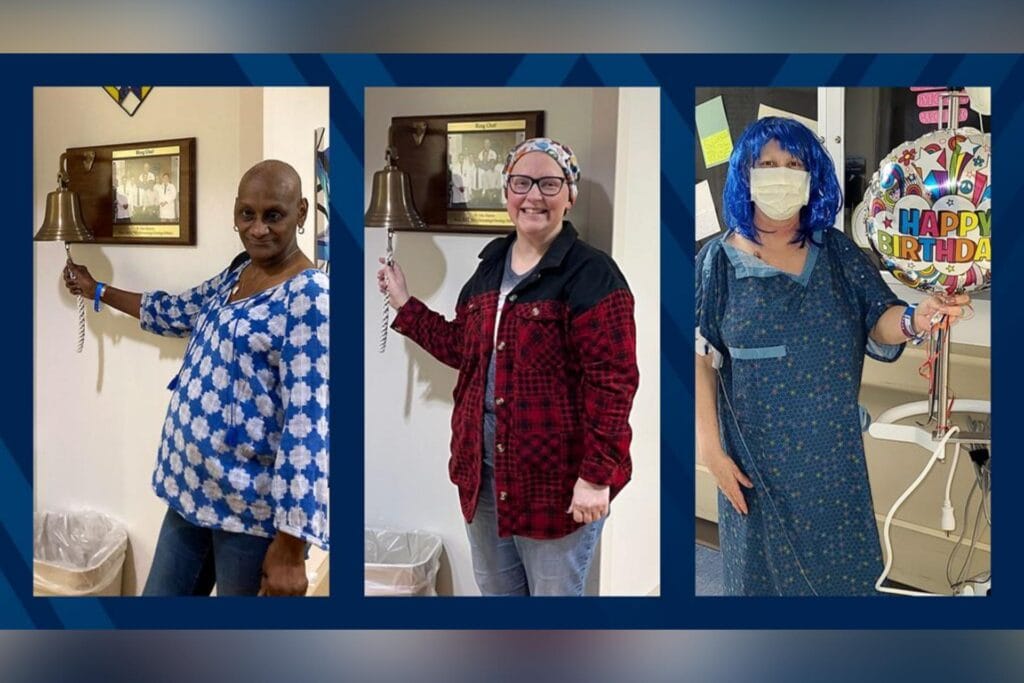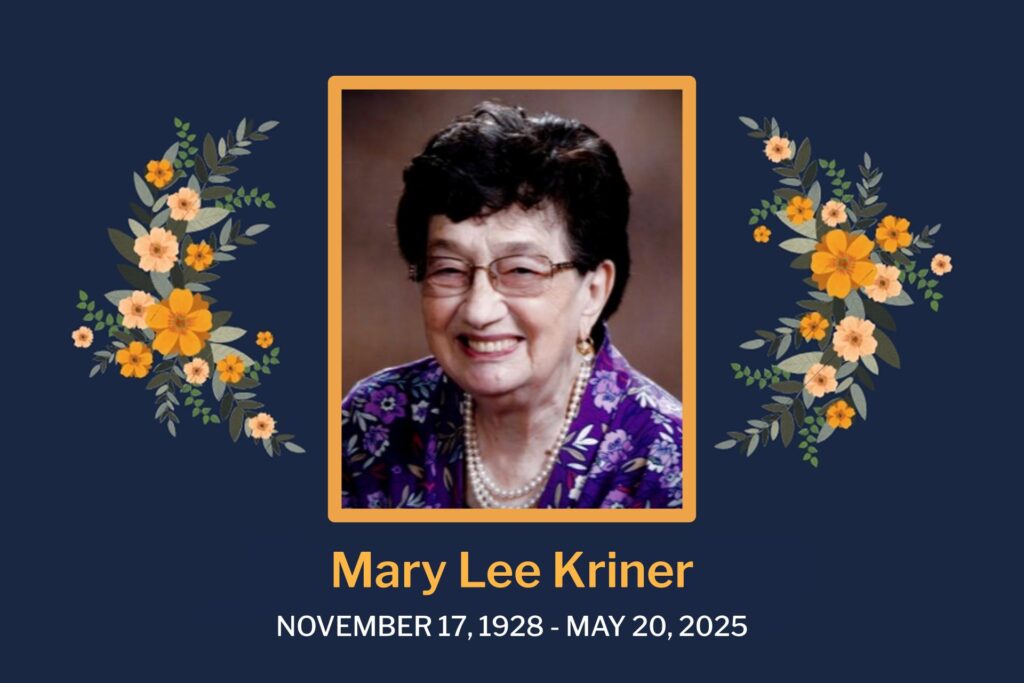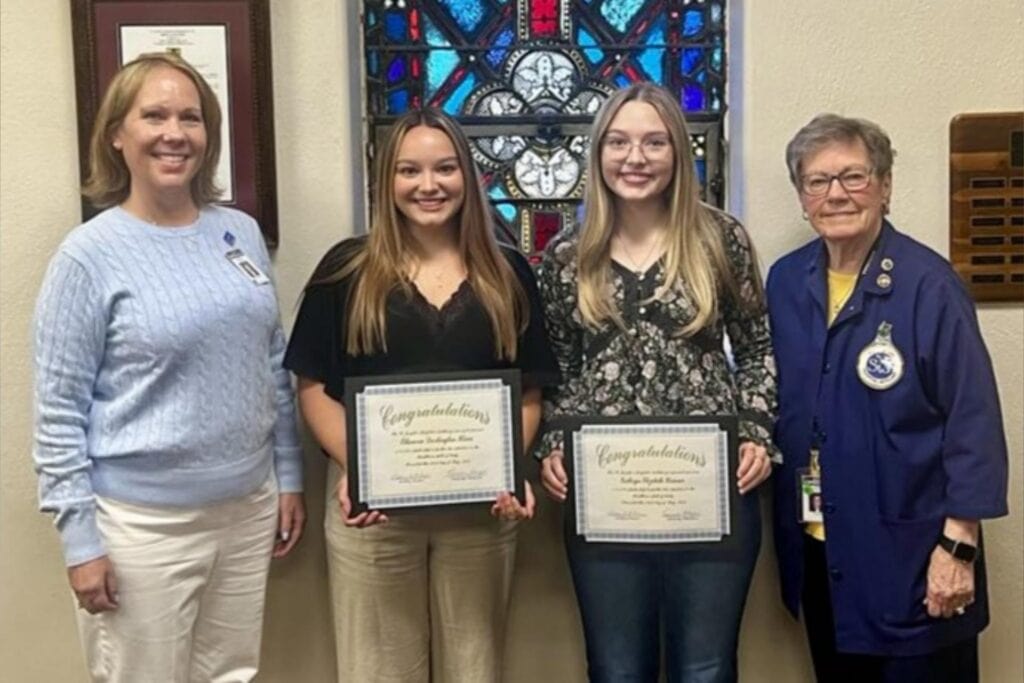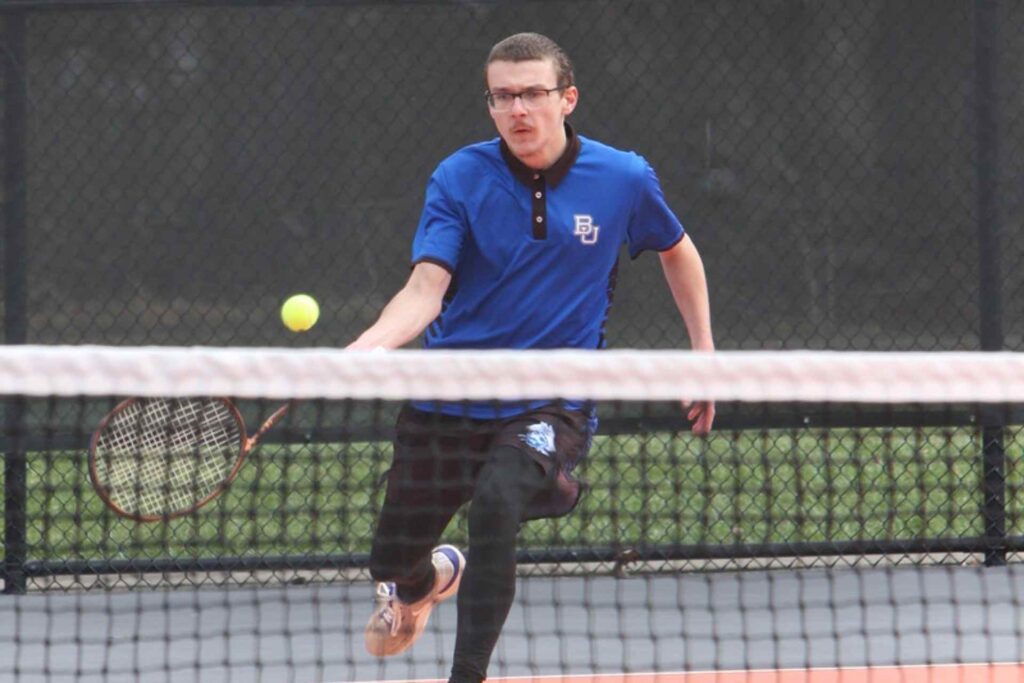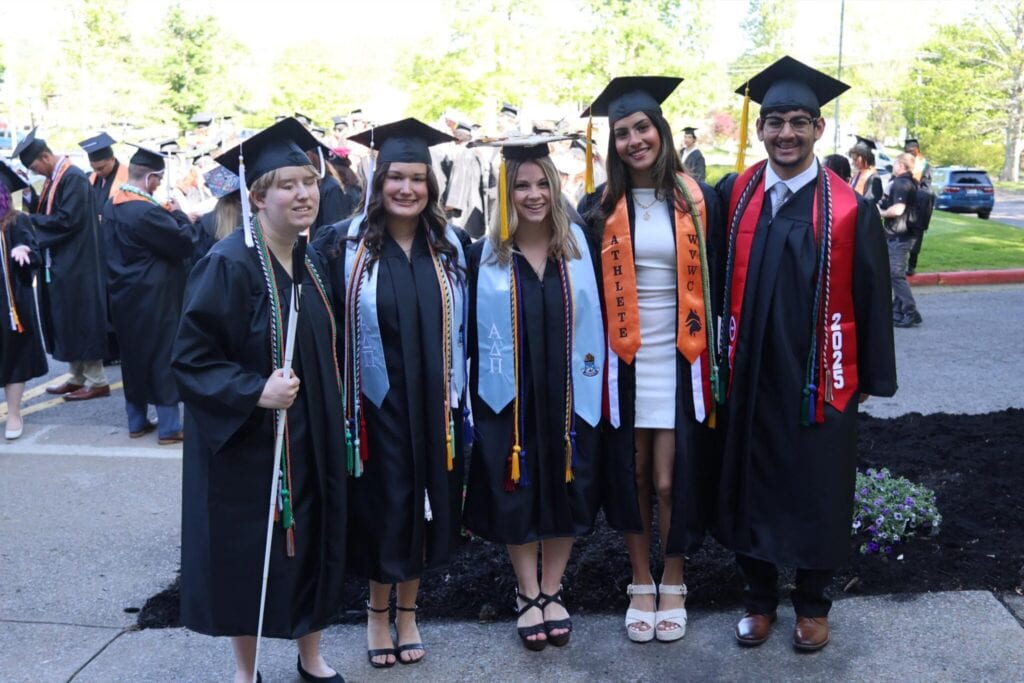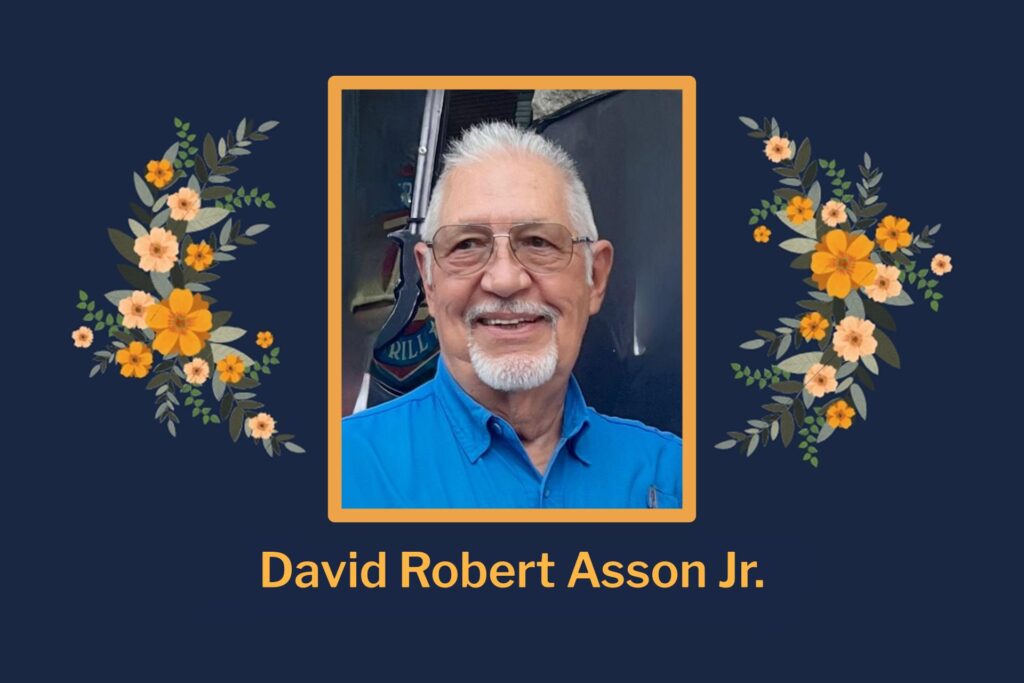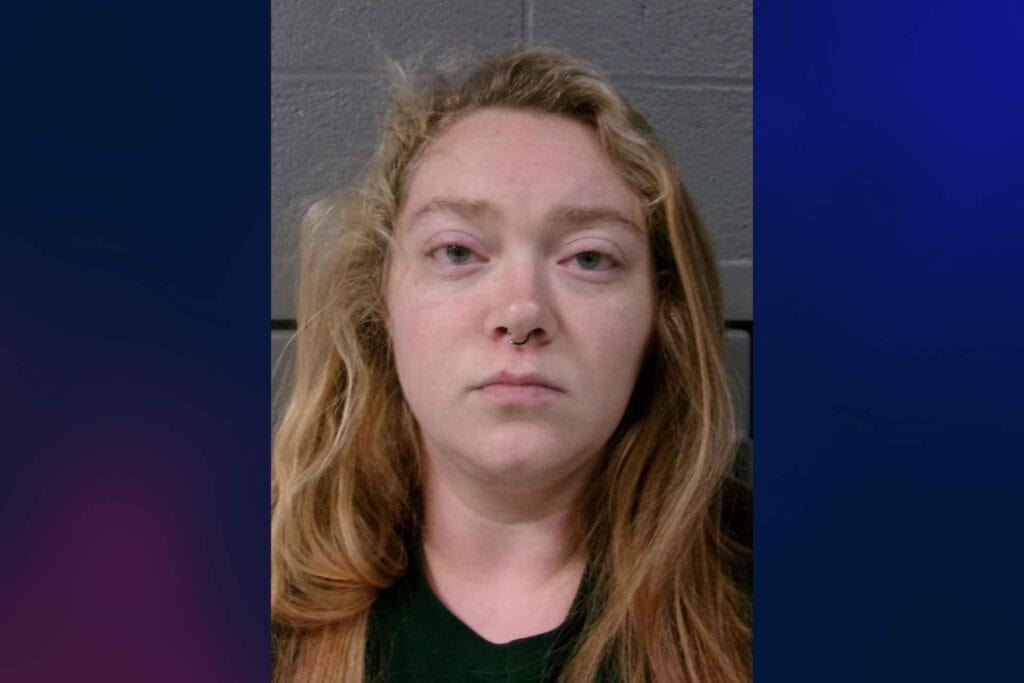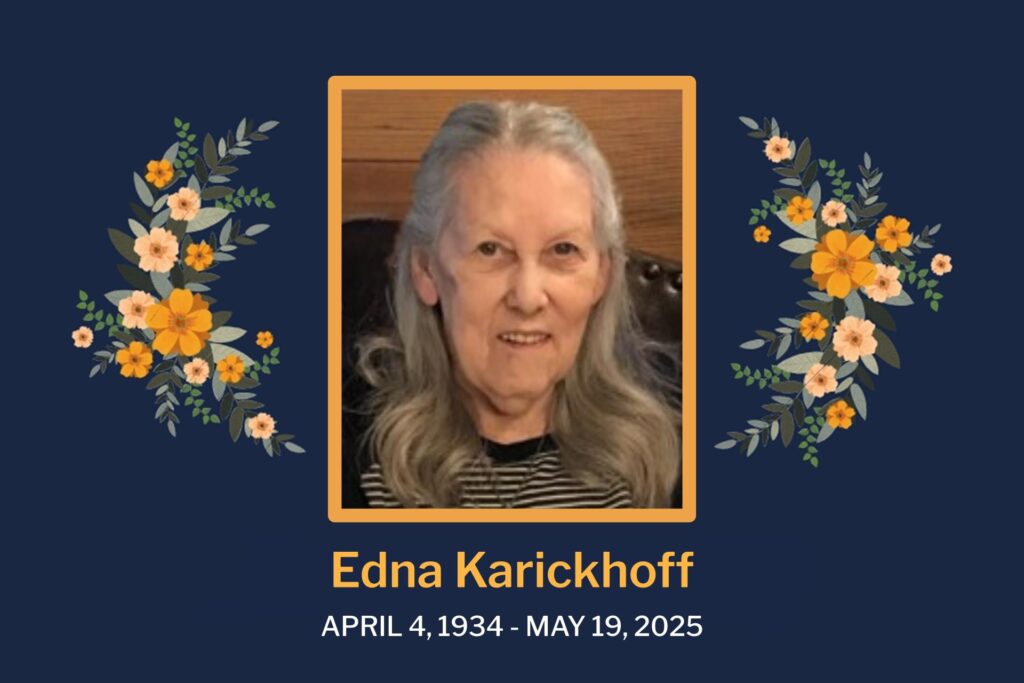When Debra “Pepper” Coles of Morgantown learned she had small cell lung cancer, she knew she would fight. Full of life and eager to spend more of it with her three children, 14 grandchildren, and five great-grandchildren, Coles jumped when given the opportunity to take part in a clinical trial at the WVU Cancer Institute.
“No matter what I have to do, I’m going to do it,” Coles said. “I’m going to live as long as I can. I’ve got to watch these grandbabies graduate.”
Coles participates in one of the many ongoing cancer clinical trials – research studies that investigate how well new medical approaches work in humans – at the WVU Cancer Institute Clinical Research Unit. Clinical trials are vital to cancer research because they pave the way for new treatments, improve cancer care and quality of life, and help researchers learn more about the disease.
The WVU Cancer Institute is an ideal clinical trial facility, in part due to the large population of deeply rooted, rural patients it serves. These patients tend to be loyal to their care teams and very resilient despite facing unique challenges due to the state’s infrastructure. These attributes, along with qualified staff and an expert level of research experience, allow the WVU Cancer Institute’s Clinical Research Unit to offer a robust profile of clinical trials for each cancer type at various stages to serve as many patients as possible.
In addition to the WVU Cancer Institute, clinical trials are also conducted at five satellite WVU Medicine facilities – Berkeley Medical Center in Martinsburg, Camden Clark Medical Center in Parkersburg, Princeton Community Hospital, United Hospital Center in Bridgeport, and Wheeling Hospital.
“Offering clinical trials is a vital part of our mission to bring the best healthcare options to West Virginia,” Anne Michels, B.S.N., R.N., director of the Clinical Research Unit, said. “Clinical trials allow our patients to have access to a treatment that may not be widely available yet close to home. When our patients volunteer, they become part of a team looking toward the future in cancer care.”
New treatment development
To begin her first cycle of chemotherapy, Coles was admitted to J.W. Ruby Memorial Hospital. She had a tumor that had grown from her lung above her breast, which presented as a palpable lump. Her care team identified her as a good candidate for a clinical trial for small cell lung cancer, and Coles eagerly agreed and enrolled.
The day after she left the hospital following her first treatment, she could no longer feel the lump. It was gone. She asked her oncologist, Mohammed Almubarak, M.D., chief of Solid Oncology, what happened.

“He said, ‘It was the chemo,’” Coles recalled. “Isn’t that amazing?”
“Our goal is not only to make people live longer, but to also have a good quality of life, and that’s something that comes with these newer treatments,” Dr. Almubarak said.
He explained that in an oncology clinical trial, patients could either receive the standard treatment or the new treatment. The new treatment in clinical trials may be administered by adding another treatment to a standard established therapy or by attempting a new treatment that might be more effective than the established one.
At minimum, Almubarak said, patients receive the standard treatment. “It’s not like you either get the new treatment or you get nothing,” he added.
Coles’ most recent test showing how the treatment is affecting the cancerous spot in her body was encouraging. “You could barely even see it,” she said about the spot. “I was celebrating.”
Extra layer of cancer care
“Clinical trials are written with patient safety in mind,” Shannon Filburn, R.N., clinical manager of the Clinical Research Unit, said. “One of our coordinators is monitoring your care all along the way. We treat our patients like VIPs.”
Oncology patients are closely monitored and tested during treatment at various intervals by their care team. During a clinical trial, a research team also monitors each patient, providing an extra layer of care and serving as an additional contact for questions.
“I’m so thankful for this ongoing check-in,” Ellen Butcher, a teacher from Ellenboro, said. She is participating in a clinical trial for triple negative breast cancer, and she noted that the care team has been extremely supportive throughout the process.
“I feel like we are on top of things and will know quickly if anything returns,” Butcher added. “I have the most amazing support group because of this trial.”
A promising future for others
Doctors will present clinical trials as a treatment option to patients they feel are a good fit. Patients interested in learning more meet with a study coordinator to review the details and ask questions so they can make an informed decision to participate. Most patients want to help themselves, but many also consent simply because they want to help future patients.
Filburn noted that one of the motivators she sees often is the concern people have for the well-being of others. “For some people, it’s empowering to make that decision to help somebody or to contribute to science in some way,” she added.
Lisa Small, an Air Force veteran from Parkersburg, said she wanted to enroll in a clinical trial for acute myeloid leukemia because others could learn from it.
“I’m giving them my permission so they can learn more about the disease to help improve future patient treatment,” Small said, adding that she’s also donating her body to the WVU Human Gift Registry for the same reason.
“Our institution has participated in many of the trials that led to treatment-changing protocols like immunotherapy,” Almubarak said. “I’ve seen a big change in what we are doing overall with cancer therapy. By conducting clinical trials and trying new treatments, we’re improving the outcomes for cancer patients.”
“Patients might feel like they’re just one person, but one person can make a big difference,” he added.
“I’m so thankful for this opportunity to fend off the recurrences for myself and the opportunity to help others in the future,” Butcher, who is in remission, said. “There’s so much research needing to be done, and we can help with that.”
“This is my mission,” Coles said. “Getting through all this and my testimony – and that can be a blessing for somebody else.”
For more information about the WVU Cancer Institute Clinical Research Unit, visit HSC.WVU.edu/CRU.
